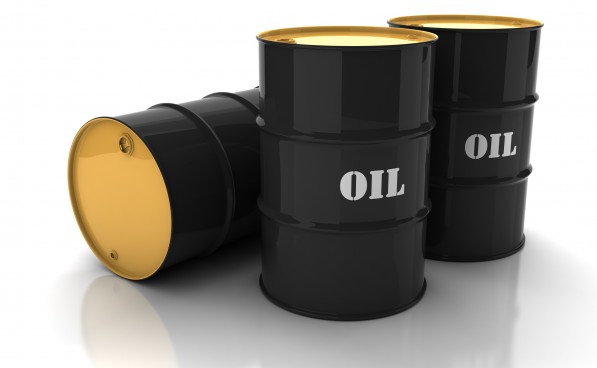Oil price cut: International companies scrap, postpone $380bn projects

A number of international Oil Companies (IOCs) have been forced to scrap and postpone projects worth $380 billion in Nigeria and other countries since 2014 to survive the oil price crash, which on Thursday dipped further to $29.73, the weakest since February 2004.
Authoritative voice in global oil and gas dynamics, Wood Mackenzie, declared on Thursday that $170 billion of projects planned between 2016 and 2020 have also been cancelled.
The projects, which include some major investments in Nigeria, were cancelled to absorb shocks caused by the oil price rout.
Although the commodity steadied before the close of transactions at the global market, it remained near 12-year lows on the prospect of Iran unleashing its oil on an oversupplied market and with few signs of improving demand in a fragile global economy.
Nigeria, Africa’s biggest crude exporter, depends largely on proceeds from crude to service over 85 per cent of its budget.
Brent crude, the global benchmark, traded at $30.78 a barrel, up 47 cents day on day, at 1331 GMT. It fell earlier to $29.73, the weakest since February 2004.
West Texas Intermediate (WTI) was up 40 cents at $30.88 a barrel.
“With no apparent signs of strengthening demand, and only further indicators of future global supply growth, the outlook for oil prices is leading most market watchers to ratchet down estimates for oil prices in 2016 and 2017,” analysts at Cenkos Natural Resources said.
“Oil and gas projects worth $380 billion have now been postponed or cancelled since 2014 as companies slash costs to survive the oil price crash, including $170 billion of projects planned between 2016 and 2020,” a new report from energy consultancy Wood Mackenzie read.
The United Nations’ nuclear watchdog is likely to confirm on Friday that Iran has curtailed its nuclear programme as agreed with world powers, paving the way for sanctions to be lifted.
Iran’s Atomic Energy Organisation said the core of its Arak nuclear reactor had been removed. U.N. inspectors are set to visit the site on Thursday to verify the move crucial to the implementation of the deal with world powers.
Barclays said it had raised its estimates of Iranian oil supply on western sanctions being lifted sooner than expected. Analysts at the bank said they now assume that Iran will produce almost 700,000 barrels a day more in the fourth quarter of 2016 than over the same period in 2015.
Iran had said its exports would rise by 1 million barrels a day within six months of sanctions being lifted.
“This could drive prices down further in the short term purely on the basis of the psychological effect,” analysts at Commerzbank said.









0 Comments